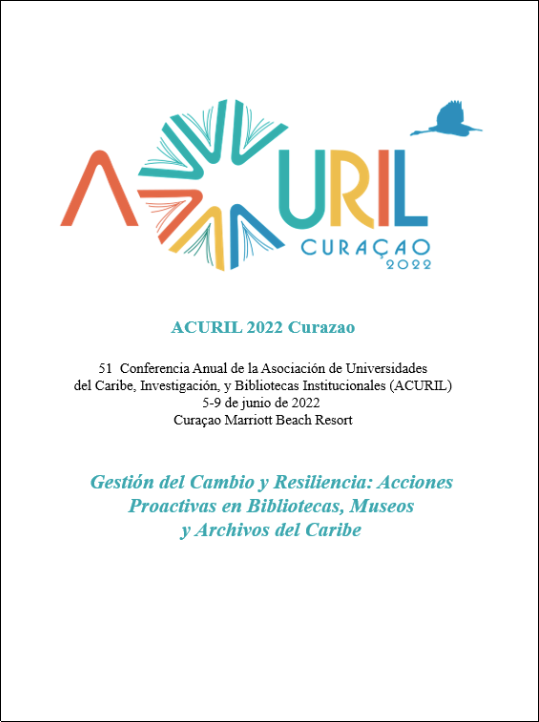Abstract
Libraries have always been at the heart of the communities they serve because they are accessible and safe spaces, providing access to endless resources of information and knowledge. The root of resilience lies in the belief systems of change-makers about their people, place, knowledge and leadership. One of the greatest disruptors of resilience is the effects of technology on everything. Social cohesion is the set of characteristics that keeps people together: reciprocal loyalty and solidarity, reduction of inequalities and exclusion, strength of social relations and shared values, trust among individuals in the community, and, most importantly, a sense of belonging. During the Covid pandemic, the inequalities within society relating to social relationships, trust, loyalty and solidarity, and the sense of belonging were on full display. The connection between the characteristics of resilience and social cohesion and library, museum and archive transformation are at the root of change management for resilience. The focus of this keynote will be to share resilience and social cohesion research and apply it to the transformational process for these public institutions. Pushed by the advent of new technologies on reading habits and information gathering, the unique function of libraries, archives and museums to acquire, organize, offer and preserve materials remains critical for societies to develop. The challenge is maintaining a sense of belonging and the reduction of inequalities in the process. Information technology may even make it easier to deliver traditional and humanistic tasks to the community.

This work is licensed under a Creative Commons Attribution-NonCommercial-NoDerivatives 4.0 International License.

